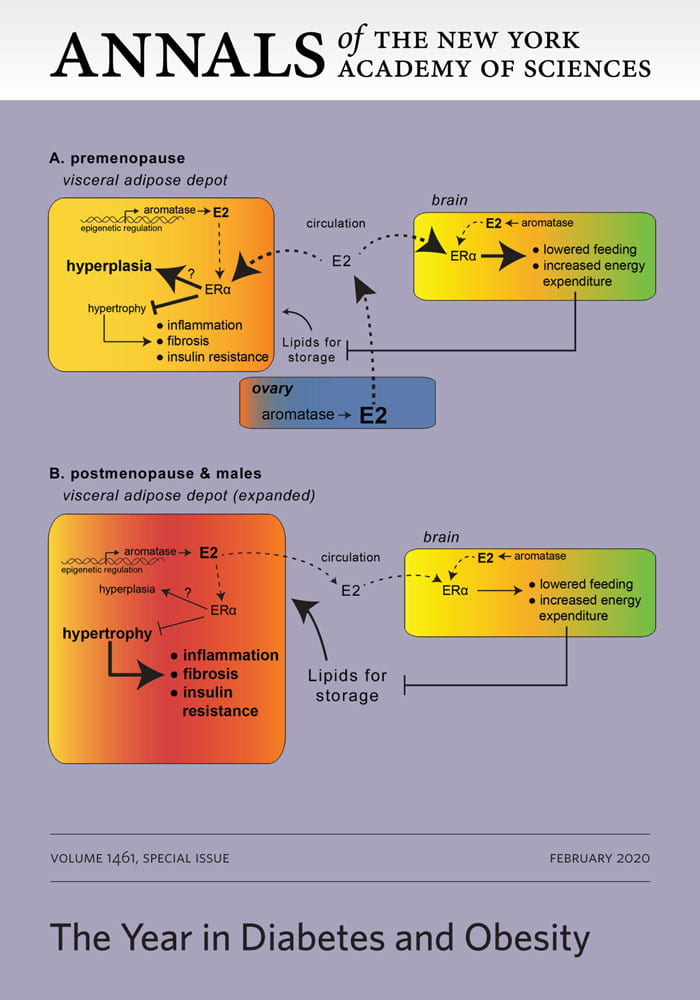
In October 2017, research experts in obesity and diabetes prevention – including WU-CDTR Director Dr. Debra Haire-Joshu, SDBA Core Lead Dr. Shiriki Kumanyika and WU-CDTR Member Dr. Monica Baskin – convened at the National Institutes of Health to engage in a workshop to brainstorm new research directions for eliminating disparities in obesity and type 2 diabetes. The workshop, titled “Enhancing Opportunities in Addressing Obesity and Type 2 Diabetes Disparities,” was cosponsored by the National Institute of Diabetes and Digestive and Kidney Diseases (NIDDK), the National Cancer Institute (NCI), and the NIH Office of Disease Prevention (ODP), and organized in coordination with representatives of six NIH Institutes/Offices.
During the workshop, experts discussed strategies to address socioeconomic and environmental determinants of disparities related to obesity and type 2 diabetes. Attendees also identified effective preventive strategies that can reach diverse populations, especially those in high-risk communities. Details from the workshop’s proceedings were recently published in the Annals of the New York Academy of Sciences.
Research directions that emerged from the workshop centered on the following themes: (1) Study designs, (2) Metrics and methods, (3) Behavioral, metabolic, and environmental phenotyping , (4) stress and resilience research, (5) innovative partnership models, (6) Intervention approach and delivery, and (7) Implementation, scalability, and sustainability.
These research directions were informed by a socio-ecological framework for eliminating health disparities and promoting health equity, accounting for factors at an individual, community/neighborhood, and broader system levels. The framework ultimately provides strategies for effectively translating lifestyle interventions that are affordable, accessible, and tailored to meet the needs of diverse social contexts and real-world settings. Moreover, the framework highlights life course, intergenerational approaches to eliminating diabetes and obesity-related disparities. The experts advocate an imperative for researchers to contextualize their interventions in light of community-level social determinants of health (SDoH). This provides researchers with an opportunity to help individuals in meeting critical social needs that may closely linked to their health outcomes. Accounting for social barriers in research and interventions also provides opportunities for partnerships with existing community-based organizations as well as national and state programs to expand the reach of evidence-based interventions to diverse communities and intergenerational households.
The authors concluded, “high-impact research opportunities that leverage health equity approaches may identify ways to interrupt the intergenerational consequences of obesity and diabetes; and more effectively treat individuals, families, and communities that are currently affected to support reaching their highest health potential.”
Read more about the workshop’s proceedings in the Annals of the New York Academy of Sciences.